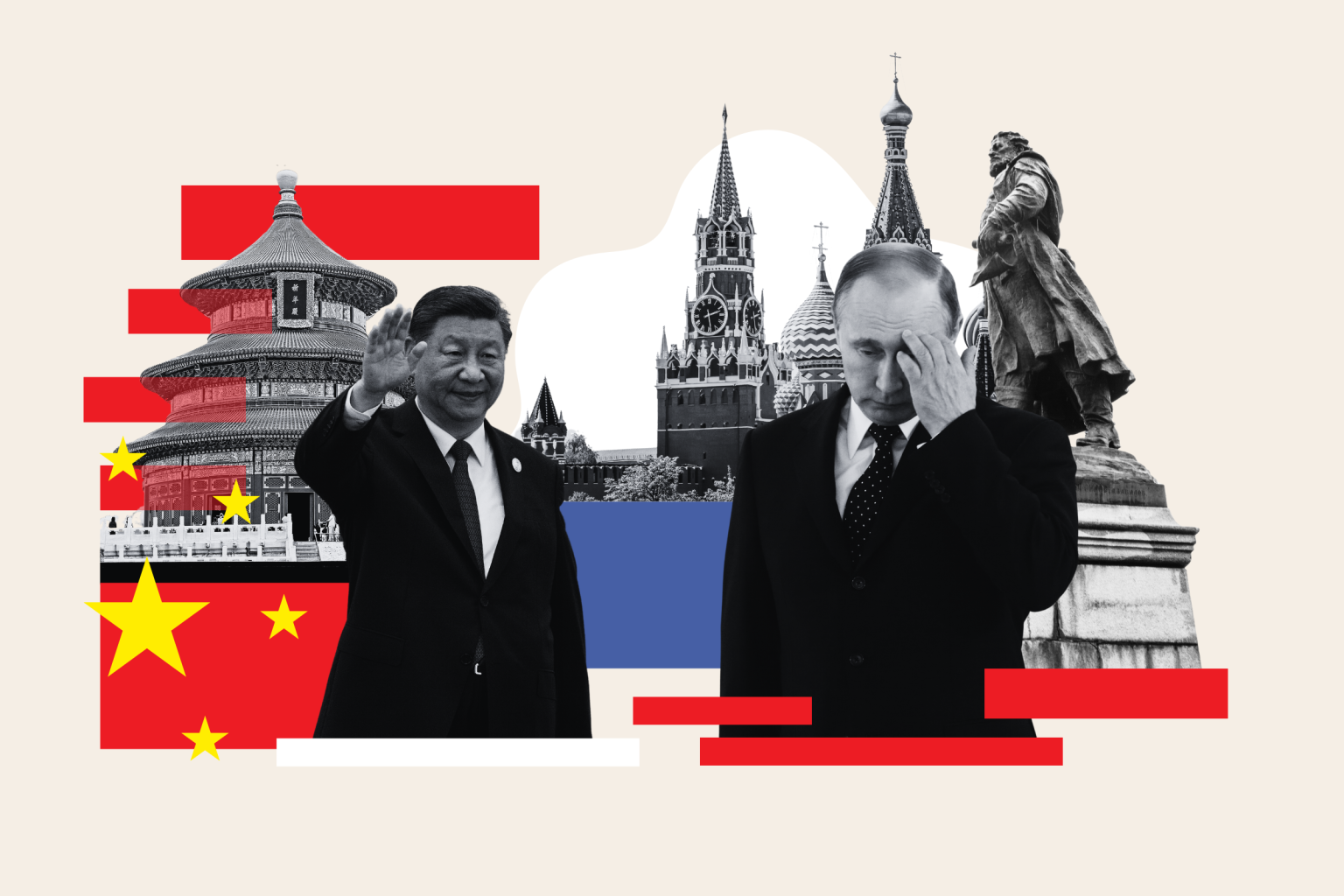Russia’s pivot to China has been met with various setbacks this year, including Chinese banks rejecting transactions due to U.S. sanctions imposed over Vladimir Putin’s invasion of Ukraine. This has forced Moscow to raise fees on yuan transfers, creating a liquidity squeeze for Russian companies doing business with China. Last month, reports indicated that nearly all Chinese banks were refusing RMB-denominated settlements, limiting the ability to use the Chinese currency for transactions. As a result, Russian commercial banks such as Expobank JSC, Uralsib Bank, and SDM Bank have raised their commissions on RMB transfers, leading to higher costs for transfers from these banks.
Despite facing challenges with Chinese banks, heavily sanctioned Moscow has benefited from its relationship with China since the Ukraine war began. Trade between the two countries has increased by 26 percent to a high of $240 billion last year, with Russia becoming China’s top source of oil. However, the reliance on China for economic transactions has become more difficult with the rejection of RMB-denominated settlements by Chinese banks. Russian importers have had to rely on intermediaries, and a possible solution that has been discussed is the establishment of a joint Chinese-Russian bank. This concept is still in the early stages but would involve branches operating in both countries and keeping settlements hidden from third parties.
The inclusion of the Moscow Exchange on the U.S. Treasury’s sanctions list has further complicated Russia’s economic situation, limiting its ability to trade in dollars and dollar currency pairs. This has made the country more reliant on the yuan for international trade and currency reserves, exposing it to China’s monetary policy and exchange rate adjustments. Russian companies are now facing additional hurdles from domestic lenders, who are also raising the fees on RMB transfers. These fee hikes are a result of the limited ability to use RMB in transactions, creating higher costs for businesses and consumers involved in Chinese-Russian trade.
The fee increases by Russian banks, such as Expobank JSC, Uralsib Bank, and SDM Bank, reflect the challenges faced by companies conducting business with China. The higher costs for RMB transfers are a direct result of Chinese banks rejecting transactions and the limited ability to use the Chinese currency. Russian companies have had to find alternative ways to conduct business with China, and the concept of a joint Chinese-Russian bank has been discussed as a potential solution. However, this idea is still in the early stages and would involve branches operating in both countries to handle settlements discreetly from third parties.
Overall, Russia’s pivot to China has been met with various obstacles, including the rejection of RMB-denominated settlements by Chinese banks and the inclusion of the Moscow Exchange on the U.S. Treasury’s sanctions list. This has led to higher costs for businesses involved in Chinese-Russian trade and increased reliance on the yuan for international transactions. The challenges faced by Russian companies highlight the complexities of conducting business in a heavily sanctioned environment and the need for creative solutions, such as the establishment of a joint Chinese-Russian bank, to navigate the current economic landscape.








